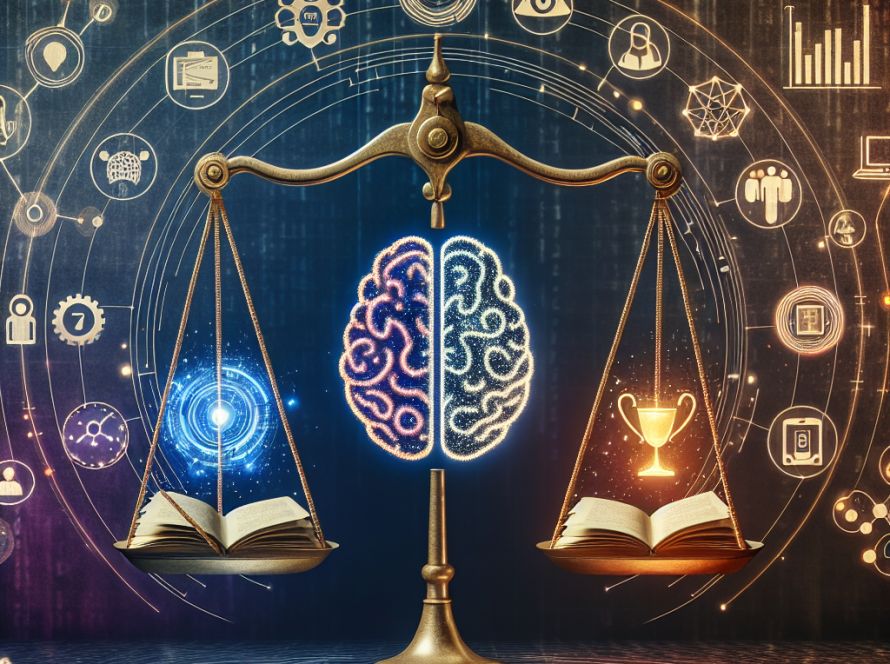AI in Healthcare: A Glimpse into the Future through the Eyes of Syntho’s CEO
In anticipation of the Intelligent Health conference scheduled for 13th-14th September, 2023, in Basel, Switzerland, we had an enlightening chat with Wim Kees Janssen, Co-Founder & CEO of Syntho regarding his views on the future of AI in health care.
Since its inception, Syntho, a synthetic data company, has been propelling the healthcare sector into the future through its unique solutions. Like any other industry, healthcare also generates an enormous amount of data. Every patient interaction, such as a doctor’s appointment, lab test, or a hospital stay, adds to the communal pool of data that could potentially unravel mysteries about diseases, treatments, and patient care. The problem lies in maintaining the privacy of this data while enabling its use for beneficial medical research.
To overcome this challenge, Wim and his team at Syntho developed a technology that uses AI to create synthetic data. Synthetic data is a simulated dataset derived from original data, which mirrors its statistical qualities without revealing the identities of the individuals involved in the original data set. This technology not only ensures the privacy of the patients but also allows researchers to gain insights from a dataset almost identical to real-life data.
Emphasizing the benefits of synthetic data, Wim, in our conversation, highlighted the key role of AI in its creation, and subsequent use in medical diagnosis and treatment. By utilizing AI in analyzing synthetic data, healthcare professionals and researchers can obtain substantial insights into understanding diseases and developing new treatments. The application goes beyond just treatment and includes prediction of disease outbreaks, the efficiency of healthcare services, and patient attitudes towards treatment regimes.
When quizzed about the future of AI in healthcare, Wim shared that AI is not just a trend but ultimately “the future of healthcare”. According to him, AI will infiltrate every aspect of healthcare over time, helping improve efficiency, personalize patient treatments, enhance diagnostics, and predict potential health risks.
However, he raised concerns regarding the ethical implications of AI application in healthcare, particularly in maintaining patient privacy. He also reflected on the importance of ongoing regulatory and policy discussions around AI transparency, understandability, and responsibility. In his words, the use of AI in healthcare should be centered around “safe, ethical, and responsible” practices.
Further, Wim expressed optimism about the collaboration of AI and human intelligence in healthcare. He believes that AI has the potential to provide unprecedented support to healthcare professionals by reducing their administrative load and giving them more time to focus on personalized patient care. However, he asserted that AI would not replace human touch but rather complement it, primarily because empathy, a crucial element in healthcare, cannot be automated.
Moreover, Wim also hinted towards the potential of AI in countering global health challenges, including the ongoing pandemic. He envisaged AI’s role in rapidly analyzing massive amounts of data and helping develop effective strategies for managing such crises.
Overall, the future of AI in healthcare, as seen through Wim’s eyes, is promising, albeit dependent on ethical considerations, clear regulations, and the ability to maintain the balance between AI and human touch. It’s the dawn of a new era where AI begins to redefine healthcare, and discussions like the one we had with Wim, lay the foundation of a path leading to a future healthcare system reshaped by AI.


